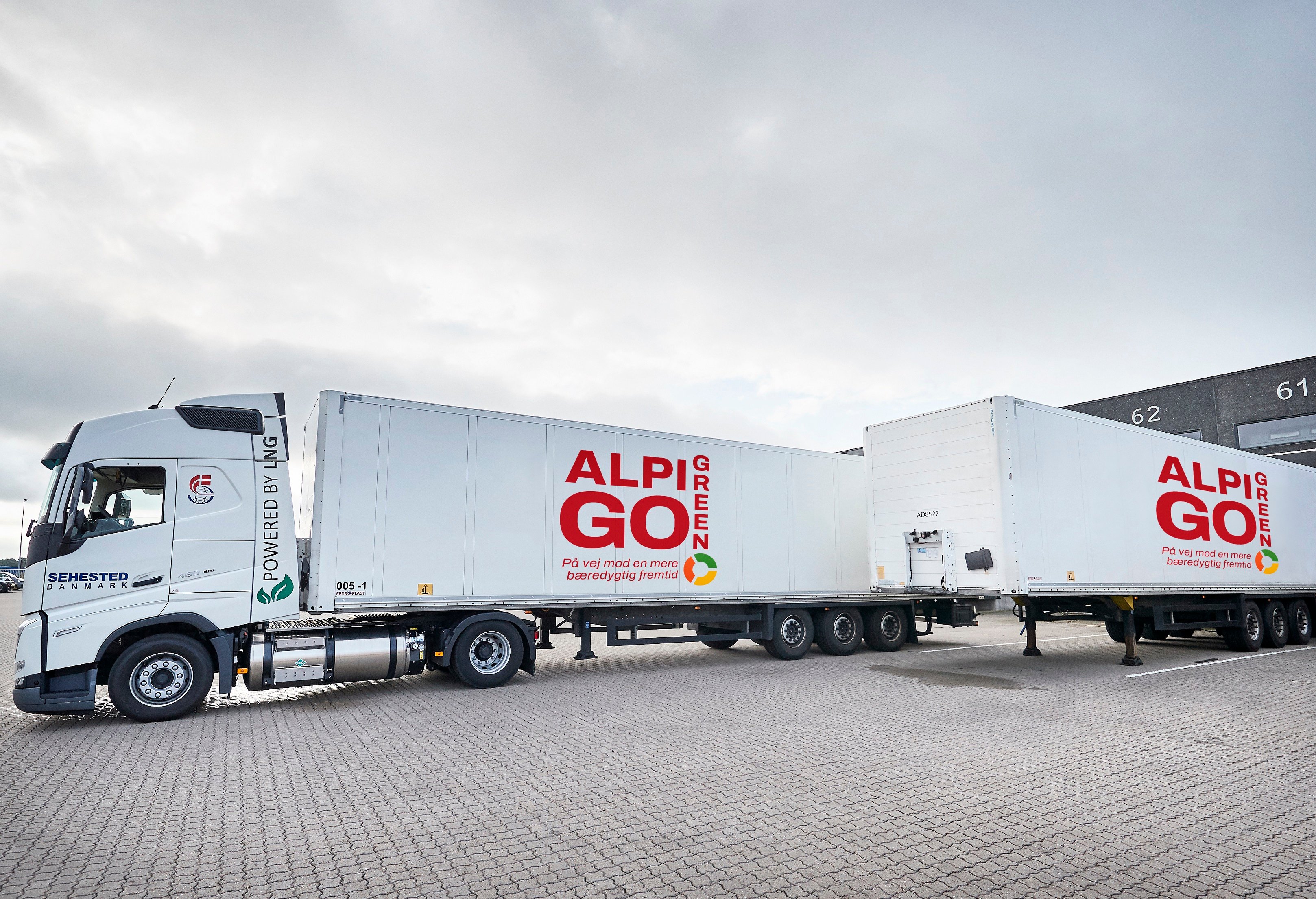Alpi
When the transport and logistics company ALPI decided to embark on the digitalization journey, it was with the stipulation that digitalization should not be pursued for its own sake. Each initiative had to make sense for both the customers and the employees.
In the process of mapping out the business and work processes, it was found, among other things, that there was poor data reuse across different systems. Employees spent an inordinate amount of time entering the same data in multiple places. With a focus on data reuse, IT Kartellet developed several software robots that automatically retrieve data from, for example, ALPI's ERP system and transfer them to Excel. From there, data can subsequently be made available to customers.

"Since customers are the primary reason we chose to digitalize, we naturally also asked them for advice. What solutions would provide the most value for them? Did they miss anything in the collaboration with us? And could they suggest new solutions that would ease their work – now and looking, for example, five years into the future? We asked our employees the same questions. In both camps, we experienced that the process was well received. Customers felt heard, and we have entered into much closer dialogue with them."
"Since customers are the primary reason we chose to digitalize, we naturally also asked them for advice. What solutions would provide the most value for them? Did they miss anything in the collaboration with us? And could they suggest new solutions that would ease their work – now and looking, for example, five years into the future? We asked our employees the same questions. In both camps, we experienced that the process was well received. Customers felt heard, and we have entered into much closer dialogue with them."

The results of digitalization at ALPI are tangible. "We save a lot of time on the digital transfer of data between our systems. But also in the finance department, it has become easier to be an employee. Where previously everything was checked through, now employees only look for deviations. This means that an employee who previously had to look at about 1000 lines now only needs to check about 10 lines. This saves up to 40-50 hours per month alone in this department. But now it's not just a question of time savings. It's equally about doing things in a smarter way. Some of our employees were initially skeptical. Does this mean I will lose my job? Can I adapt to all the new changes? Therefore, we placed great emphasis on the fact that the purpose of digitalization was not to save time so we could reduce the number of employees. Instead, we wanted to eliminate some superfluous tasks and work routines, so there would be more time for the tasks where employees cannot be replaced by machines. This meant that employees began to look at their daily tasks and themselves come up with suggestions for changes and improvements," says Jens Salling.
Want to know more?
Jeppe is our man, when it comes down to Robotic process automation. With many years of experience and a We can do it! attitude, it is no wonder, that Jeppe is one of the Kartels finest members.
Jeppe Dige Jespersen
It's not every day that you'll meet a person with a huge passion for both tattoos AND orderly systems – but that’s exactly the kind of person that Kristoffer is and also, why he fits so well in the Kartel.

